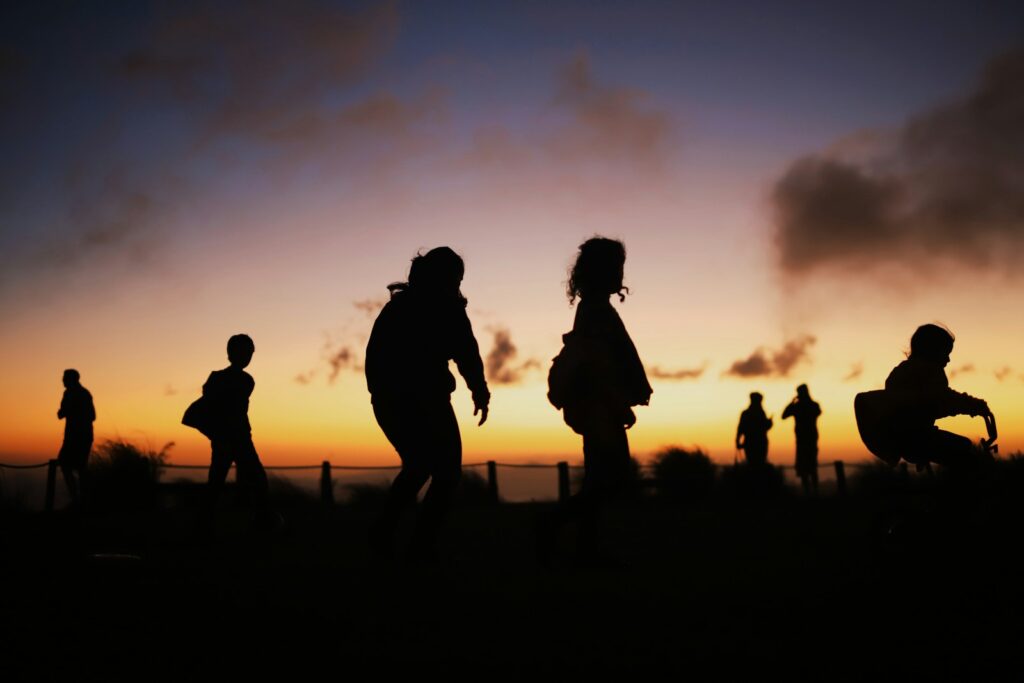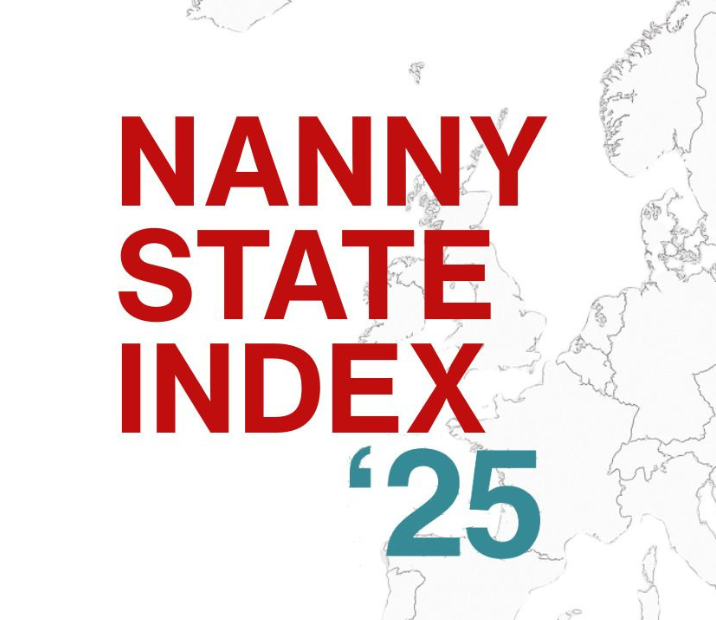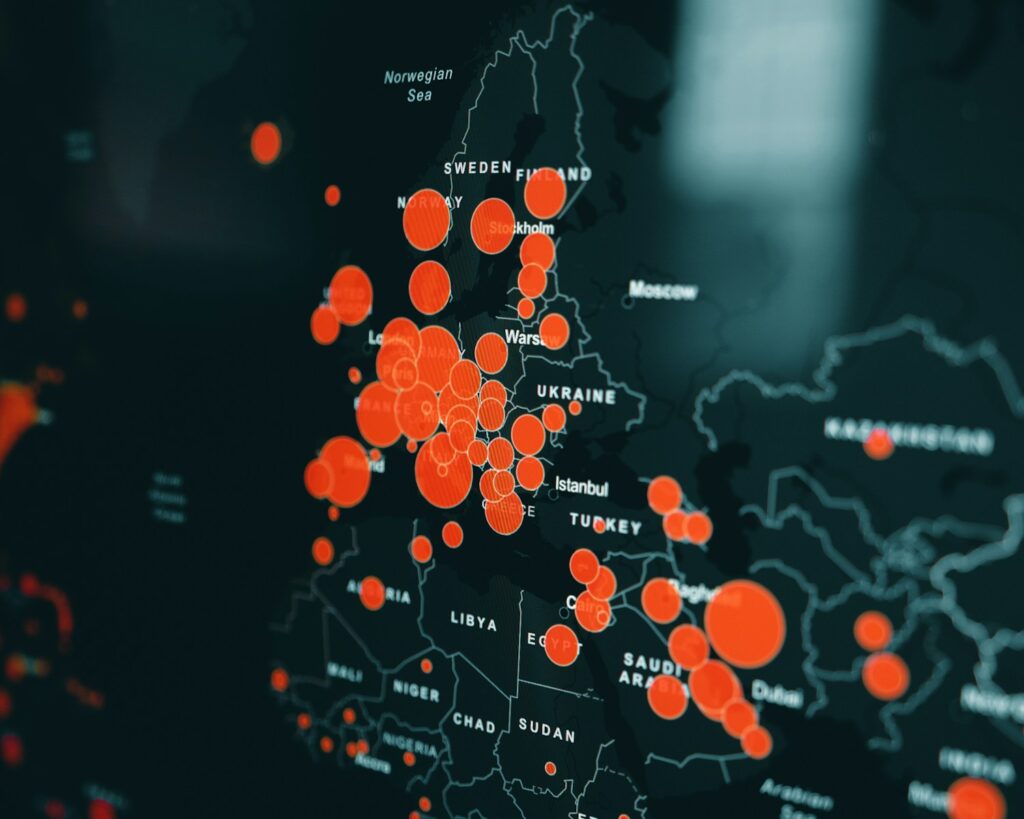
Dismantling Local Government Autonomy in Hungary. Illiberal Democracy and Centralization
Despite the increasing international prominence of mayors and municipal networks, local governments across Europe face numerous challenges. In the UK, local councils lack the resources to fulfill their extensive responsibilities, while in France, attempts at decentralization have been hindered by a lack of clarity over the distribution of responsibilities and a relatively high degree of central government interference.



![Trump’s Gambit with Piotr Buras [PODCAST] Trump’s Gambit with Piotr Buras [PODCAST]](https://4liberty.eu/phidroav/2025/08/Liberal-Europe-Podcast-2024-39-1024x1024.png)



![Kosovo on Global Stage with Drilon S. Gashi [PODCAST] Kosovo on Global Stage with Drilon S. Gashi [PODCAST]](https://4liberty.eu/phidroav/2025/08/1-1024x1024.png)



